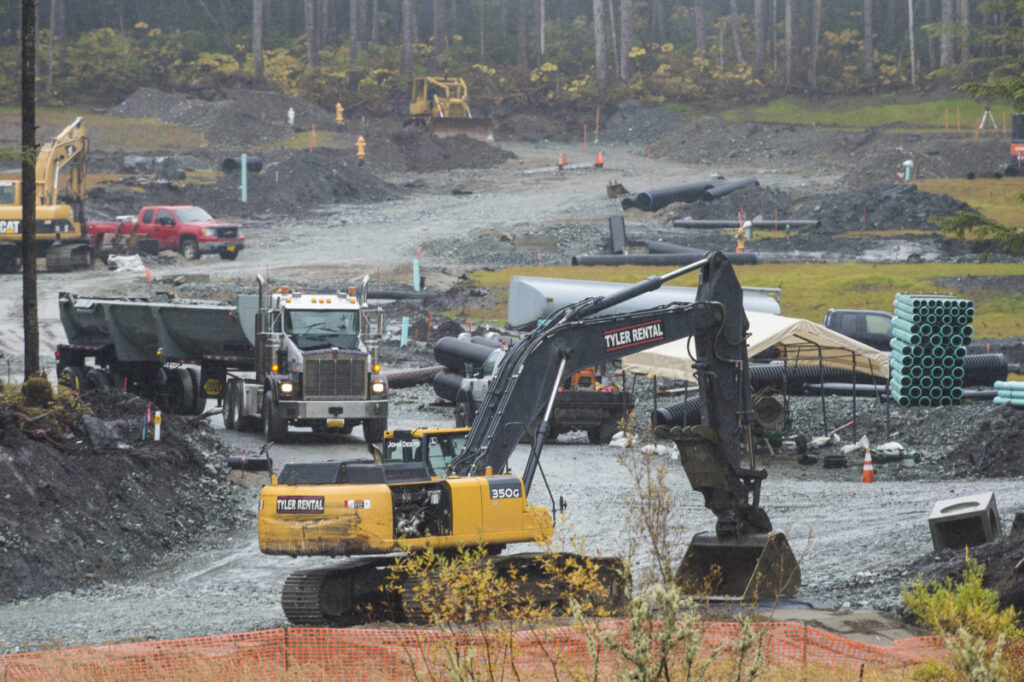Introduction
Choosing the right civil engineering consultant can be the difference between a smooth, profitable development and one bogged down by delays, redesigns, or cost overruns. At InfraCor, we’ve worked alongside developers across Alberta, Saskatchewan, and Manitoba, and we know that the most successful projects start with the right questions.
If you’re retaining an engineering partner for a subdivision, commercial site, or multi-family development, here are 10 essential questions to ask and why the answers matter to your bottom line.
1. Have you worked with private-sector developers before?
Not all engineering companies approach projects the same way. Many firms build their business around municipal contracts, where the priorities are long-term infrastructure planning, risk avoidance, and lengthy review processes. That mindset can clash with the realities of private development, where speed to market, cost efficiency, and phasing strategies are critical to financial success.
A firm that primarily serves municipalities may be more comfortable following regulations than finding innovative ways to balance municipal standards with your project’s economics. On the other hand, a civil engineering company that partners exclusively with private-sector developers understands the pressures of land acquisition costs, investor timelines, and market-driven delivery. These firms are often better positioned to anticipate municipal concerns while still driving your project forward efficiently.
2. How do you handle municipal approvals and reviews?
For firms that mostly serve municipalities, the “approval process” is often viewed from the reviewer’s side. That perspective doesn’t always translate into advocacy for the developer. A private-development-focused firm, however, understands the frustrations of prolonged review cycles and will proactively manage communication, anticipate redlines, and push for timely approvals. The right consultant isn’t just a designer. They’re your ally in moving the project forward.
3. Can you identify off-site servicing risks early?
Hidden risks, like off-site lift station upgrades or stormwater capacity constraints, can sink a budget. Ask if your consultant conducts pre-design servicing reviews to flag these issues before design dollars are spent.
4. Who will actually be working on my project?
A firm’s reputation is only as strong as the people doing the work. Junior staff often handle private projects while senior engineers remain tied to larger city contracts. For developers, this can mean less experienced oversight on time-sensitive work. A developer-focused engineering company ensures that senior engineers and seasoned technologists remain actively engaged, bringing the experience and decision-making you need to keep a project efficient and buildable.
5. How do you support phasing and staging strategies?
Few developments are built all at once. Your consultant should help you plan servicing and infrastructure in logical phases, so you’re not paying for oversized systems years before they’re needed.
6. How do you handle design changes during construction?
No project goes exactly as planned. Look for an engineer who has rapid response processes for field changes, with direct communication lines to contractors and municipal inspectors.
7. Do you provide cost estimate updates throughout the design?
Developers need to manage proformas with confidence. A strong consultant will update cost estimates at key design milestones and flag risks that could affect construction budgets.
8. How do you coordinate with architects, planners, and other consultants?
Engineering is one piece of the puzzle. Your consultant should be an effective team player, bridging technical requirements with planning and architectural visions to keep the project cohesive.
9. What’s your experience with stormwater management in this municipality?
Stormwater rules vary widely, and they’re tightening across Western Canada. An engineer who knows the local standards, preferred modeling tools, and municipal expectations can save months of back-and-forth.
10. How do you add value beyond drawings and approvals?
Some firms see private development as a checklist: produce drawings, secure approvals, move on. But developers need more. The right consultant brings strategic insight, cost-saving alternatives, and proactive risk management—turning engineering from a sunk cost into a source of value creation. A firm built around developer success will help maximize the financial performance of your project, not just satisfy municipal regulations.
Final Thoughts
Not every engineering company is built to support private development. Many are more comfortable serving municipalities, where the pace is slower and priorities differ. For developers, the key is finding a consultant who understands that every week of delay affects sales schedules, financing, and profitability.
By asking these 10 questions, you’ll quickly uncover whether your consultant has the right focus, and whether they see themselves as your partner, not just a service provider.
At InfraCor, we work exclusively with private developers across Alberta, Saskatchewan, and Manitoba. Our team is built around your priorities: approvals that move forward, designs that make financial sense, and projects that succeed in the real world.

